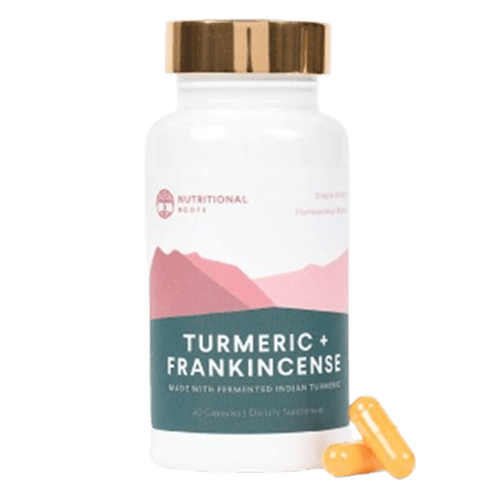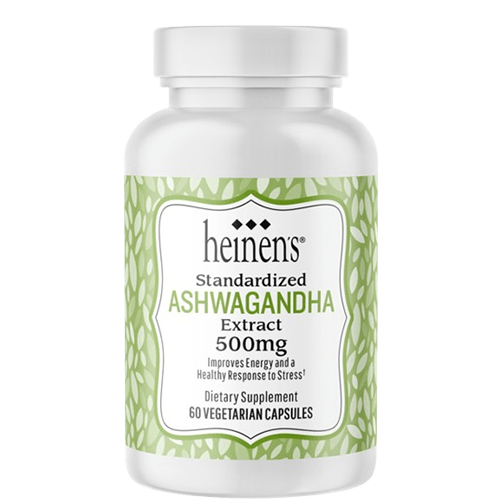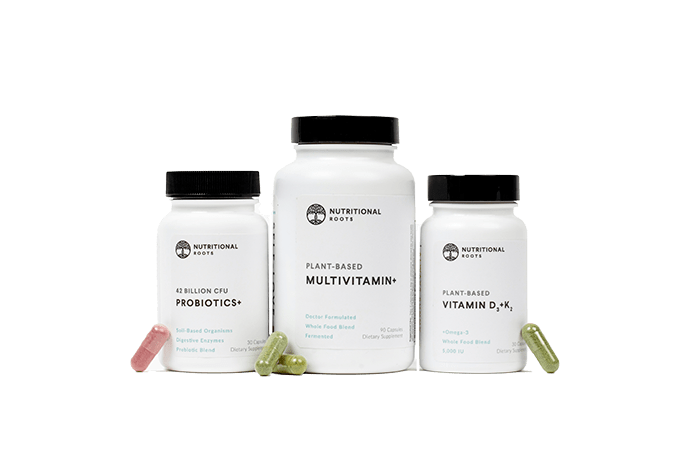Simple Tips for Starting a Supplement Routine

The following article was written by Heinen’s Chief Medical Officer, Dr. Todd Pesek, MD. Please consult your healthcare provider or the Personalized Nutrition Center at Heinen’s Mayfield Village before starting any new supplements.
Let’s talk about supplements. As a doctor, I am asked about them every day. Are they effective? What’s the difference between synthetic and whole food-based supplements? Can’t I just get everything I need from food? If I must take them, where do I start? It can be overwhelming.
The answer, like most things, isn’t black and white, but let’s break it down in a way that makes sense. We may even uncover a few surprising truths along the way.
Focus on Food First
By eating a diet rich in whole, plant-based foods as our Fx™ (F for food and x for prescription) pillars suggest, you can give your body a lot of what it needs such as good carbohydrates, balanced proteins, healthy fats, antioxidants, vitamins, minerals, and more.
All of these play a key role in keeping you healthy. Yet, even with our best efforts, we can still fall short. That’s where supplements can add value.
For example, chronic inflammation is the driving force behind many diseases, and foods like ginger, turmeric, and frankincense can support a healthy inflammatory balance. However, unless you’re eating them every day, you might not be getting enough to make a difference. So, why not try a bioavailable turmeric supplement and reap the benefits?
Similarly, if you’re feeling stressed, an adaptogen like maca or ashwagandha can assist with strength, stamina, and mental clarity.
Regardless of the supplements you take, it’s important to remember that you can’t “supplement” your way out of a poor diet. Supplements work best with good food to create the healthiest version of you.


Why Do We Need Supplements?
The unfortunate truth is that even the best diets fall short as a result of today’s society.
- Food today is often grown in nutrient- and mineral-depleted soils from unsustainable agricultural practices.
- We’re exposed to environmental toxins in our water and food.
- Processed foods are everywhere, and they’re marketed to appeal to our appetite, even when we know better.
The simple reality is that many people aren’t eating enough fresh vegetables and fruits. So many diets today rely primarily on animal-based products and nutrient-sparse, calorie-dense options. Add in excessive sugar and saturated fats, and you’ve got the perfect storm for inflammation, gut imbalances, and potentially chronic disease.
This is why, on any diet, I recommend smart supplementation to fill in the gaps. Think of it as nutrition insurance!
What Supplements Should We Take?
It’s important to note that supplementation is not one-size-fits-all. Every body and lifestyle is different, so please consult your physician before adding any supplement to your wellness regimen.
For patients who visit my practice, I recommend beginning with a solid foundation of whole food-based supplements, which I have listed below.
Remember, these are a baseline. Your needs will evolve with time. The goal is to gauge your needs based on how you feel, because no one knows your body better than you.
Essential Supplements
- A Whole-Food Multivitamin: This covers your nutritional bases and ensures you’re getting all the essential vitamins and minerals, particularly B12.
- Vitamin D: I can’t recommend this one enough, especially if you’re not getting regular sun exposure.
- Probiotics: Go for soil-based or fermented versions with multiple strains (look for at least 30 billion CFU).
- Bioavailable Iodine or Sea Veggies: If your multivitamin doesn’t include this, add it separately. It supports thyroid function and hormone balance.
- Omega-3s: Aim for 3.5 grams of plant-based omega-3s daily from foods like flax, chia, and walnuts. Then add a little extra with an algae-based DHA supplement (around 200 mg).
When choosing a supplement, it is important to note the distinction between whole food and synthetic supplements. I recommend whole food-based supplements because they’re more bioavailable (absorbable)—your body recognizes them as actual nutrients and knows what to do with them. Synthetic vitamins, on the other hand, are not natural, and may not be well absorbed or utilized by your body. Stick with supplements that are as close to nature as possible. After all, who wants to put something unnatural into their body when better, whole food alternatives exist?

The Importance of Vitamin D
When it comes to prioritizing supplements, vitamin D is the must-have. It’s technically a hormone that plays a crucial role in overall health. Vitamin D helps balance your immune system, protect your cells from chronic inflammation, and fight off invaders like cold and flu viruses. But it doesn’t stop there—it also supports bone health, memory, cognition, and even sleep.
While you can get some vitamin D from food sources (like mushrooms) and sun exposure, most of us need a little extra help from supplements. I recommend starting with 5,000 IU of vitamin D3 daily and adjusting based on your lab results. If you’re interested in checking your vitamin D levels, visit the Personalized Nutrition Center at Heinen’s Mayfield Village.
The Good, Better, Best Supplementation Strategy
Not everyone is ready to dive into the deep end of supplementation, so I recommend our “Good, Better, Best” approach.
- Good: Start with the basics—a whole food multivitamin and vitamin D.
- Better: Add a high-quality probiotic, bioavailable iodine, and omega-3s.
- Best: Customize based on your needs—whether that’s support for inflammation, energy, digestion, immune health, or sleep. Adaptogens, anti-inflammatory supplements (like turmeric), or targeted supplements for stress can provide added support.
Practice Smart Supplementation
So, do you have to take supplements? I recommend it to every patient, no matter their starting point. Given the way modern diets and lifestyles affect our health, smart supplementation fills in the gaps and gives your body extra help to function at its absolute best.
As always, supplements are not one-size-fits-all. What works for one person may not work for another, and it’s important to adjust your routine based on how you feel, how you eat, and what your body needs. Start with the basics, and don’t hesitate to check in to fine-tune and personalize your approach.
Interested in learning more from Dr. Todd Pesek, MD? Register for one of his upcoming Wellness Events at a Heinen’s location near you.


